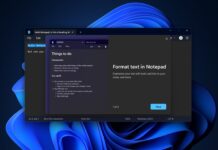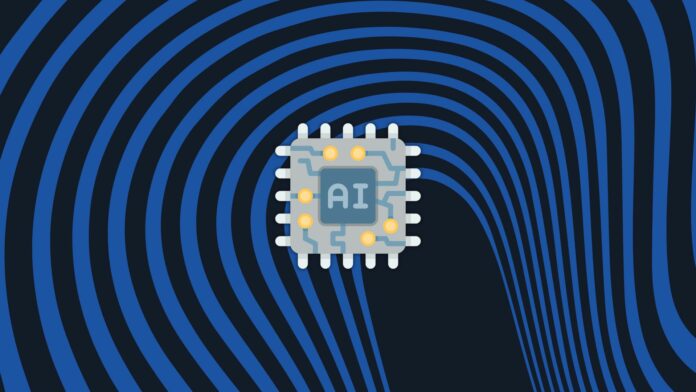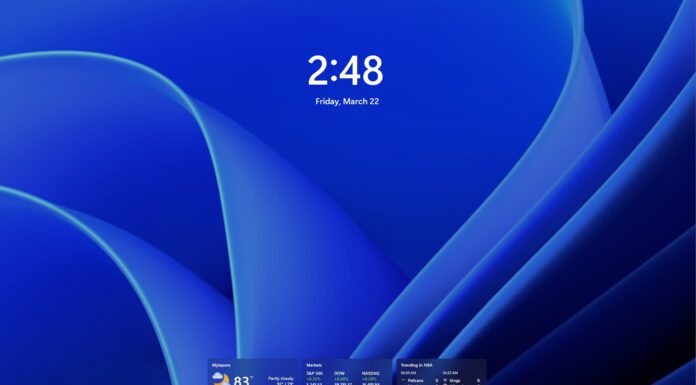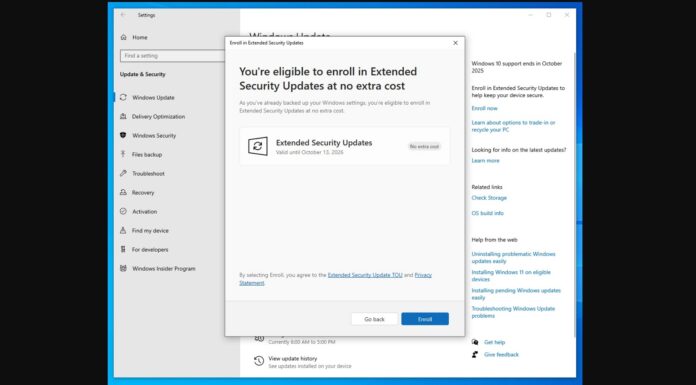Windows 11 24H2 will bring additional AI-based features that will run locally on Copilot+ PCs. But that doesn’t mean third-party app developers will be left out. Microsoft published a new support document that explains the scope of AI in non-native Windows apps.
Copilot+ PCs are a thing now. They brought forth Microsoft’s plans to integrate AI into Windows 11 that isn’t limited to surface-level web responses. Copilot+ PCs can process AI tasks locally because of the CPU, GPU, and NPU combination, and Microsoft wants developers to take advantage of that.
A basic overview of AI concepts
First spotted by Windows Latest, the document starts by listing the basics of integrating AI into a Windows client app. It suggests using an AI model (local or cloud-hosted) along with an AI framework like OnnxRuntime. Moreover, it suggests using C# for developing Windows apps using apart from C++ and Python.
If you are new to the app development field, the AI jargon can surely be overwhelming. But the document dissects these concepts is an easy-to-understand manner. You learn the difference between Large Language Model (LLM), model training and inferencing, prompt engineering, different AI job roles, necessary hardware, and more.
You can leverage the Microsoft Copilot Runtime to add AI features to your apps. It contains multiple local AI-backed APIs and cloud-based AI-backed APIs. Some of them are:
- Phi Sillica (for text generation)
- OCR (for text recognition)
- DALL-E (for image generation)
You can learn more about all these APIs and how to use them from the official learn page.
It has several live examples with code snippets and explanations to help you add sample AI features using local or cloud-based APIs.
Similarly, you can use DirectML for offloading machine learning tasks to a GPU for better real-time performance in apps and games.
Since Copilot+ PCs pack powerful hardware, developers can use it to improve the performance of their Windows apps. Microsoft softly nudges Copilot+ PCs as a better option for AI apps to run in full glory.
Basic AI apps can use the CPU, but for complex models, a PC with NPU is an apt choice. But what does that mean for end-users like us?
More AI features in apps
Native Windows apps have had AI features for quite some time. Microsoft Photos can already restyle images, Paint can generate images, Phone Link can suggest message replies, and so on.

Third-party app developers will soon start integrating AI models into their existing apps or building AI-centric apps. It can be a full-fledged app that generates images/videos/audio, or a combination of them. Or you would see AI implementations in popular apps to automate menial tasks (replying to messages, generating reports/summaries).
There’s also data privacy and security angle which Microsoft warns about. It encourages developers to be completely open with the data they collect from users, its security, and its usage. In addition, users should have control over data collection.
Interestingly, 24H2 will bring some more exclusive AI features to the Copilot+ PCs, including Recall which was removed from the public release after privacy and security concerns. Maybe Microsoft wants developers to learn from this incident and establish concrete privacy and security policies.





















